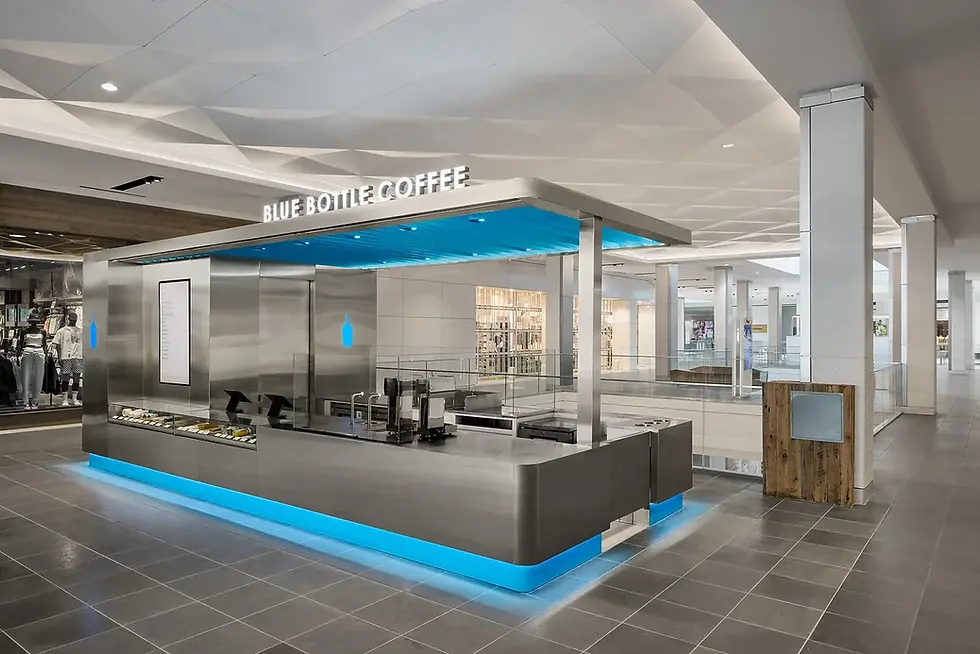Refreshment focuses on the water dispenser/cooler, office coffee service and vending sectors, while also taking an in-depth look into products for vending from bottled water and drinks, to snacks and confectionery. It also focuses on hydration, health and wellness, new technologies and environmental and social responsibility issues.
Research
Coffee & tea

Swiss group Nestlé Waters has agreed to pay a €2 million fine following a settlement regarding illegal water drilling and unauthorised treatments for its mineral waters.
This Judicial Agreement of Public Interest in Environmental Matters (CJIPE) concludes an investigation by the Epinal Public Prosecutor's Office into the company's practices in the Vosges region in France.
The agreement confirms that NWSE's drilling operations were regularised in 2019 and that there were no adverse effects on public health or the mineral composition of the marketed water. The company has since ensured that all operations comply with current regulatory frameworks.
Under the terms of the CJIPE agreement, Nestlé Waters Supply Est (NWSE) will undertake significant ecological efforts, committing €1.1 million over the next two years to renature two local watercourses, the Petit-Vair and the Vair, and restore wetlands in Vittel and Contrexéville.
This initiative will be overseen by the French Office for Biodiversity and aims to enhance the local ecological environment, addressing concerns raised by environmental groups and local stakeholders.
Nestlé Waters' commitment to long-term ecological stewardship aligns with growing consumer demand for transparency and sustainability in sourcing and production.
A spokesperson for Nestlé told FoodBev: "An agreement (CJIPE) has been signed with local judicial authorities in France. The agreement confirms that any outstanding administrative authorizations for our wells in Vosges were completed in 2019, that the food safety of Nestlé Waters’ Vosges brands has always been guaranteed and that treatments of a non-chemical nature previously used during the production process in no way altered the mineral composition of these products. It also confirms that activities comply with the regulatory framework in force in France and are in line with the authorities’ latest guidelines."
They added: "This judicial settlement reinforces the company’s commitment to the local environment through concrete projects that will be carried out with local players".
While the settlement has been welcomed by some as a step towards accountability, it has drawn criticism from consumer advocacy groups. Watchdog organisation Foodwatch has expressed concerns that the agreement sends a troubling message about corporate impunity.
Ingrid Kragl from Foodwatch France, commented: “Nestlé has been able to deceive consumers for decades without the authorities putting a halt to it. The system is failing: companies can sell their fraudulent products around the world without fear of consequences and consumers are left in the dark."
She added: "We want the competent authorities to do their job, to carry out more reliable checks and, above all, to comply with the regulations”.
Nestlé Waters, which operates under brands such as Vittel, Hepar and Contrex has a long history of engagement with local biodiversity initiatives. The company has been active in promoting sustainable practices for over 30 years, but this latest episode underscores the challenges it faces in balancing commercial interests with environmental responsibilities.
In a statement on its website, Nestlé said: "The company is pleased to contribute in the long term to better protection of the Vosges basin, as part of a large-scale programme that involves it with local biodiversity stakeholders. Its vocation as a mineral carrier commits it more than ever to operating sustainably on its Vosges site, in close collaboration with all local stakeholders."
Refreshment has reached out to Nestlé for further comment.
#NestléWaters #Nestlé #water #watermanagement #sustainability #France
.png)

%20(1).jpg)









